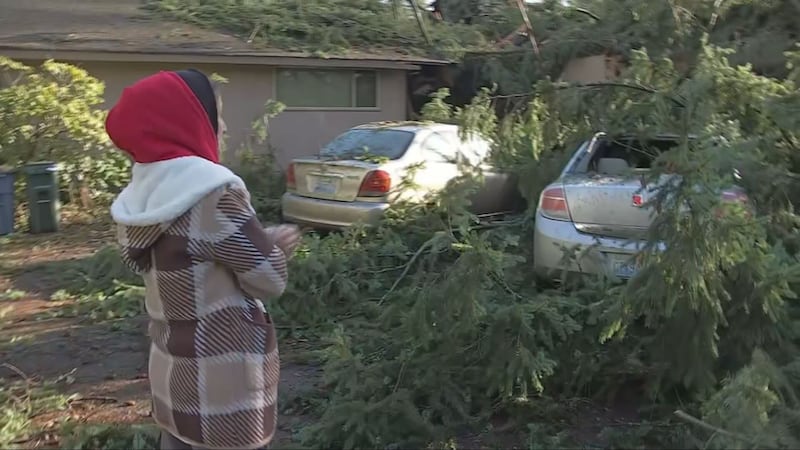The National Oceanic and Atmospheric Administration Fisheries is proposing to revise the critical habitat designation areas for southern resident orcas.
The announcement was made Wednesday, with the federal agency wanting to include six new areas along the West Coast while maintaining the inland waters of Washington.
According to the proposed rule, the increase would include more than 15,500 square miles of marine waters from the U.S. international border with Canada south to Point Sur, California.
The designation means federal agencies must ensure that activities they pay for, permit or carry out do not harm the habitat, but it does not generally affect approved recreational or commercial activity such as whale watching and shipping, said Lynne Barre, NOAA Fisheries' recovery coordinator for the whales.
"It only affects federal actions, so where there is a federal permit or grant or federal decision, that's what's protected," Barre said.
Orcas have been listed as endangered under the Endangered Species Act since November 2005.
The Center for Whale Research discovered in July that three orcas were missing, and they were presumed dead.
The orcas came from three different pods and were listed as J17, K25, and L84. The orca population had dropped to 73.
Orca J17 is a 42-two-year-old J-pod matriarch and mother of Tahlequah (J35), who carried her dead calf for an unprecedented 17 days last year.
K25 was a 28-year-old adult male who was not in good body condition last winter.
In May, Gov. Jay Inslee signed new legislation to protect the orcas and the salmon they eat.
Scientists said the whales didn't have enough to eat, which why the state took steps in making sure there was enough Chinook salmon.
And 29-year-old male L84 has been missing all summer in encounters conducted by the Canadian Department of Fisheries and Oceans colleagues along the west coast of Vancouver Island.
"Orca recovery is going to take a long time. Unfortunately, salmon recovery is going to take a long time, but these are the kinds of things that we need to get started on right now, so that our children aren't standing here having this same conversation," Laura Blackmore, Puget Sound Partnership executive director, said in May.
As for the proposal, NOAA Fisheries is seeking public comment on every aspect in the revision to the critical habitat designation.
To submit a comment or read more on the proposal, click here.
Information from the Associated Press is included in this report.
Cox Media Group






